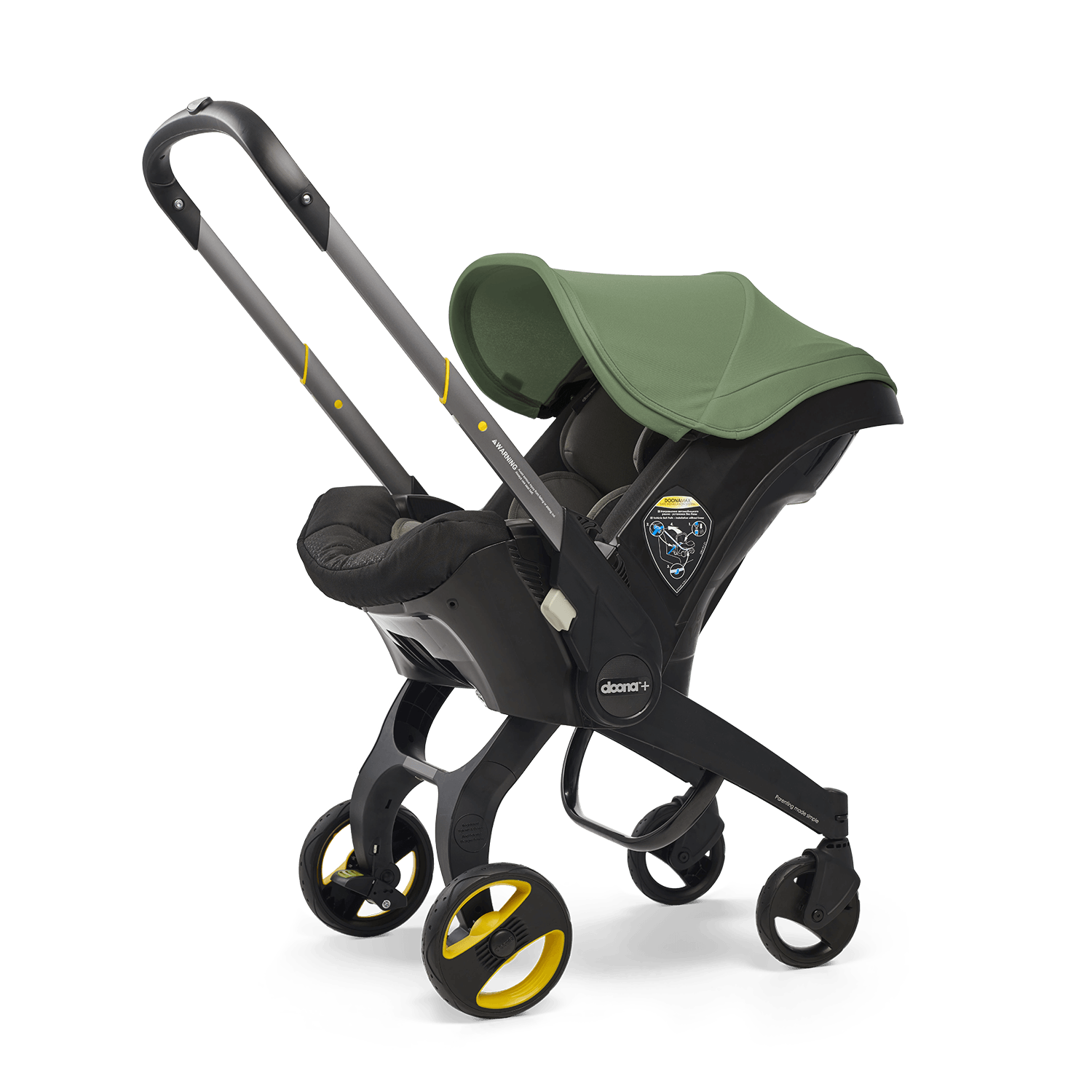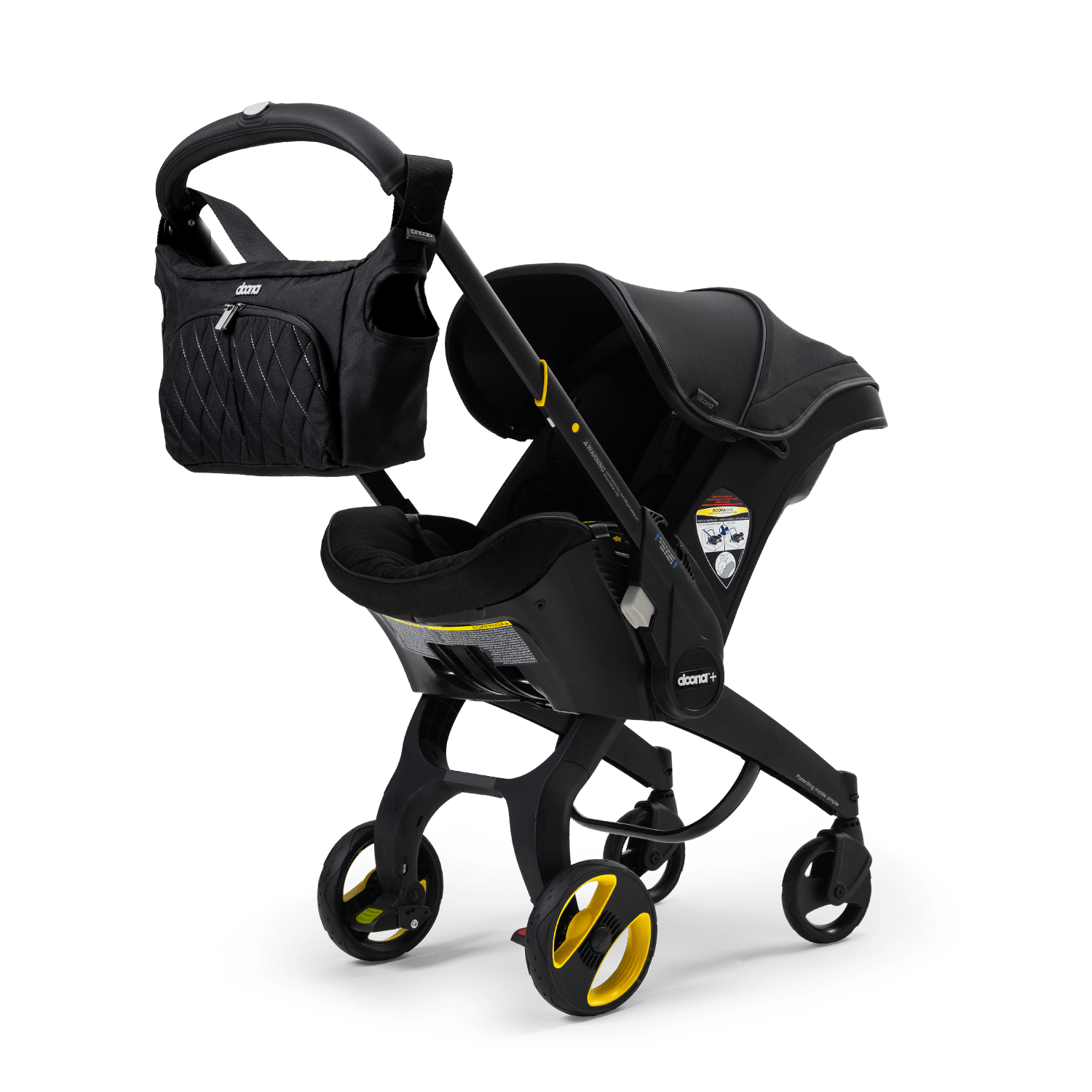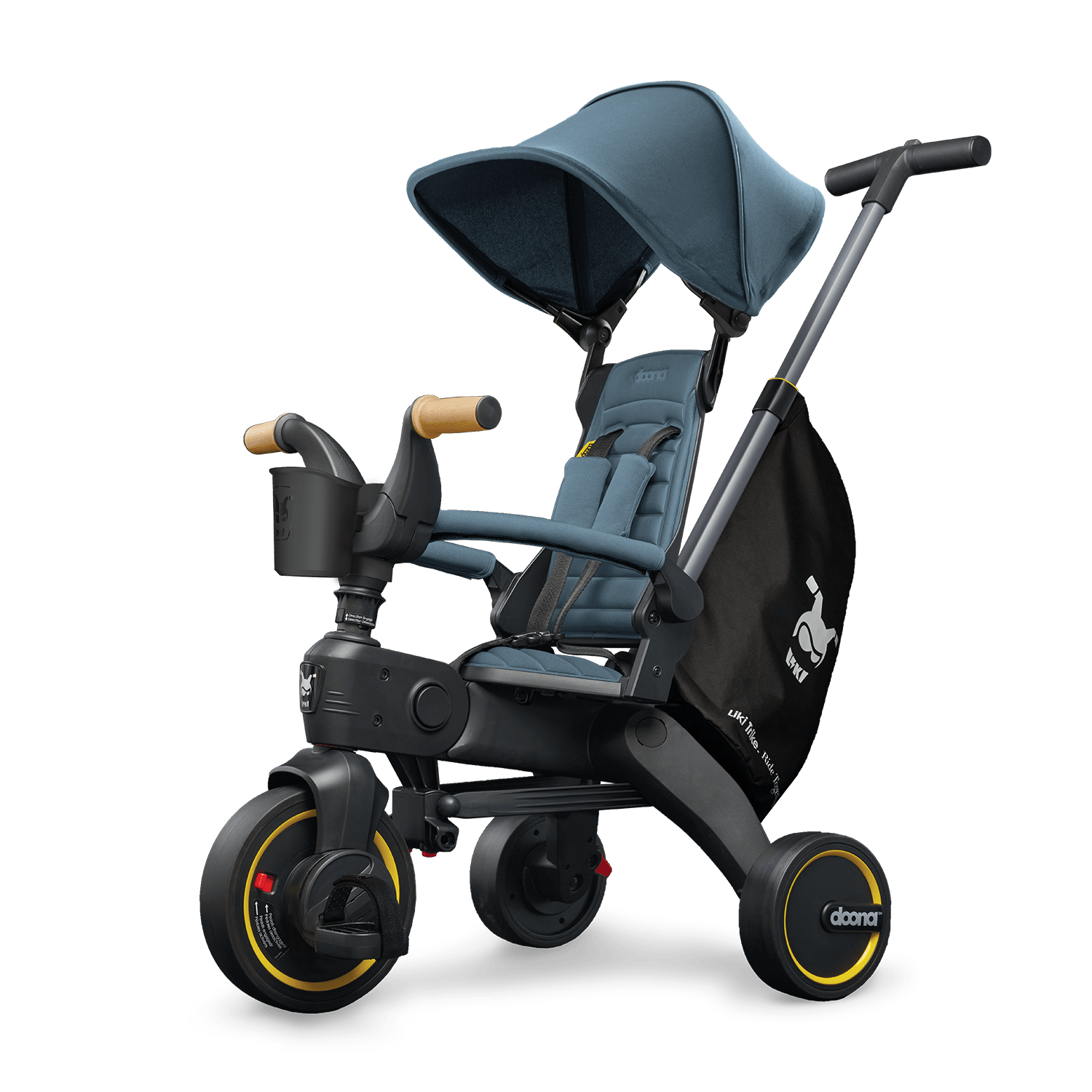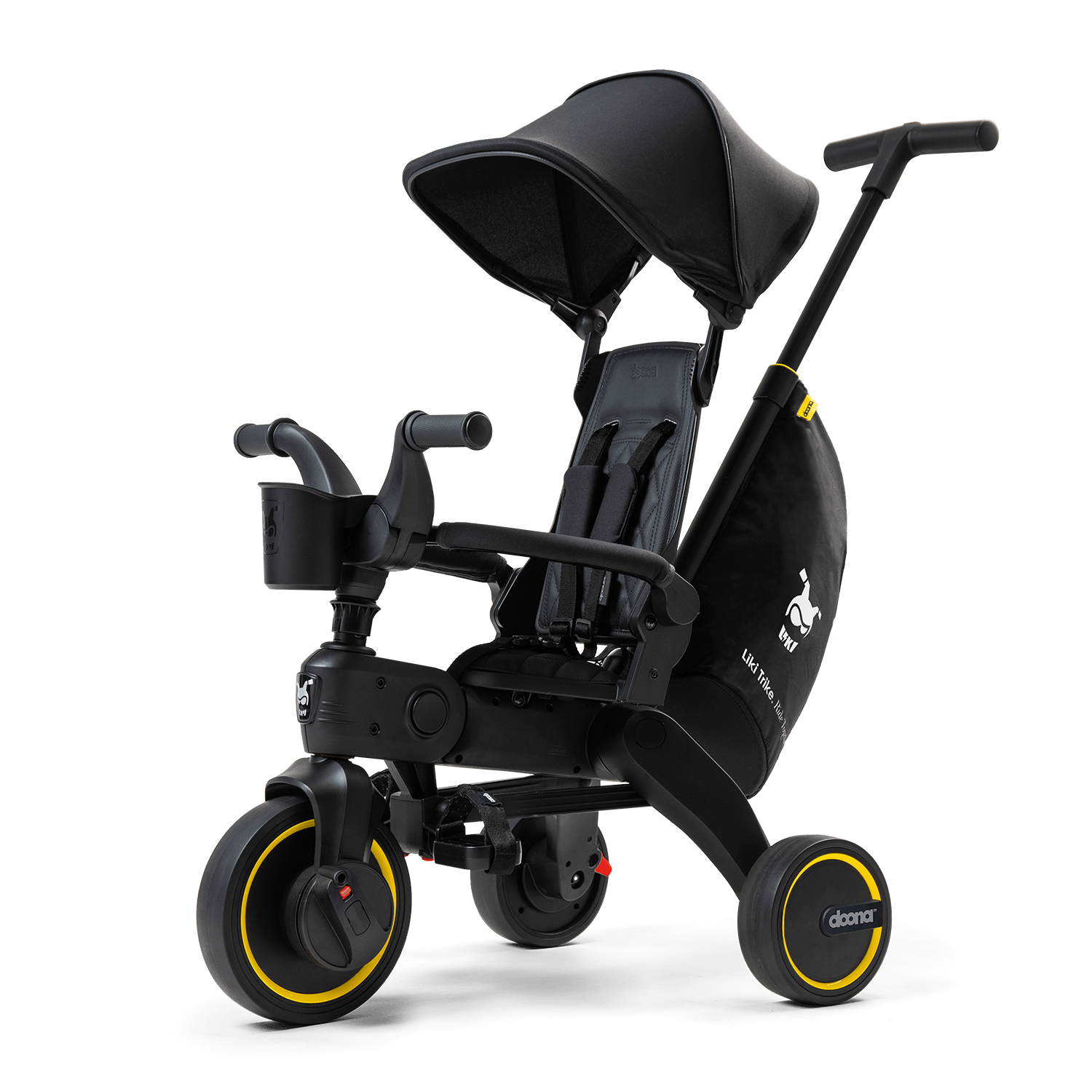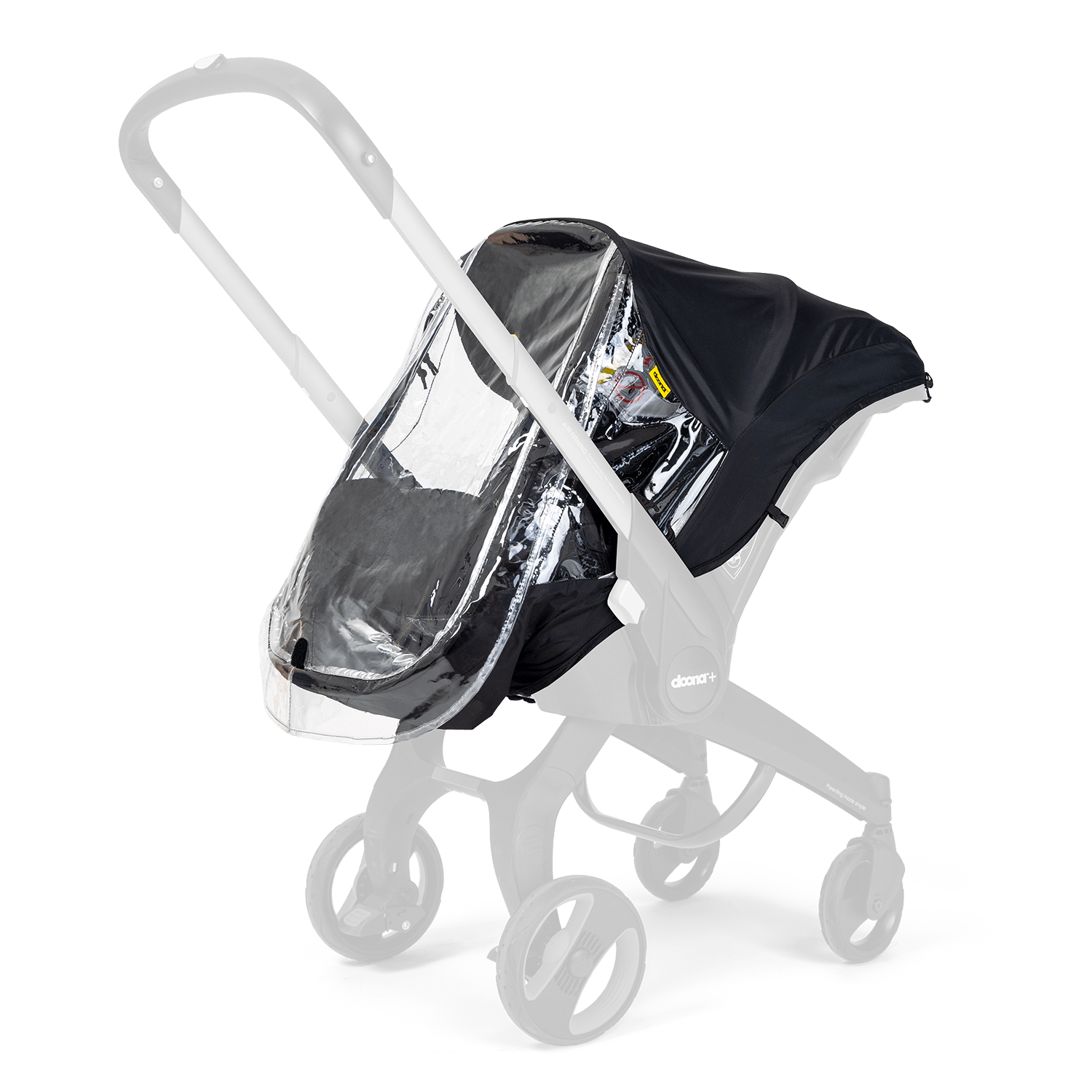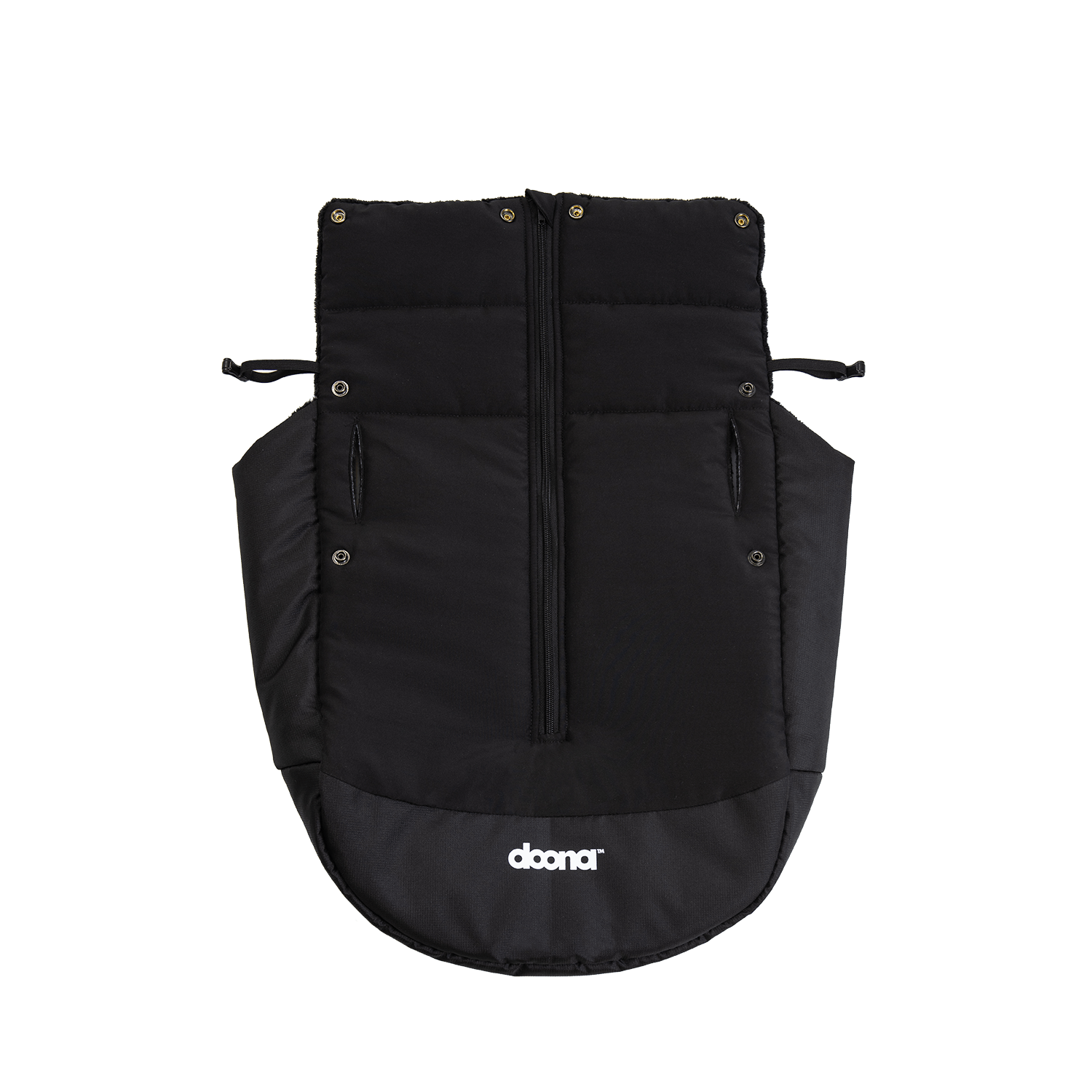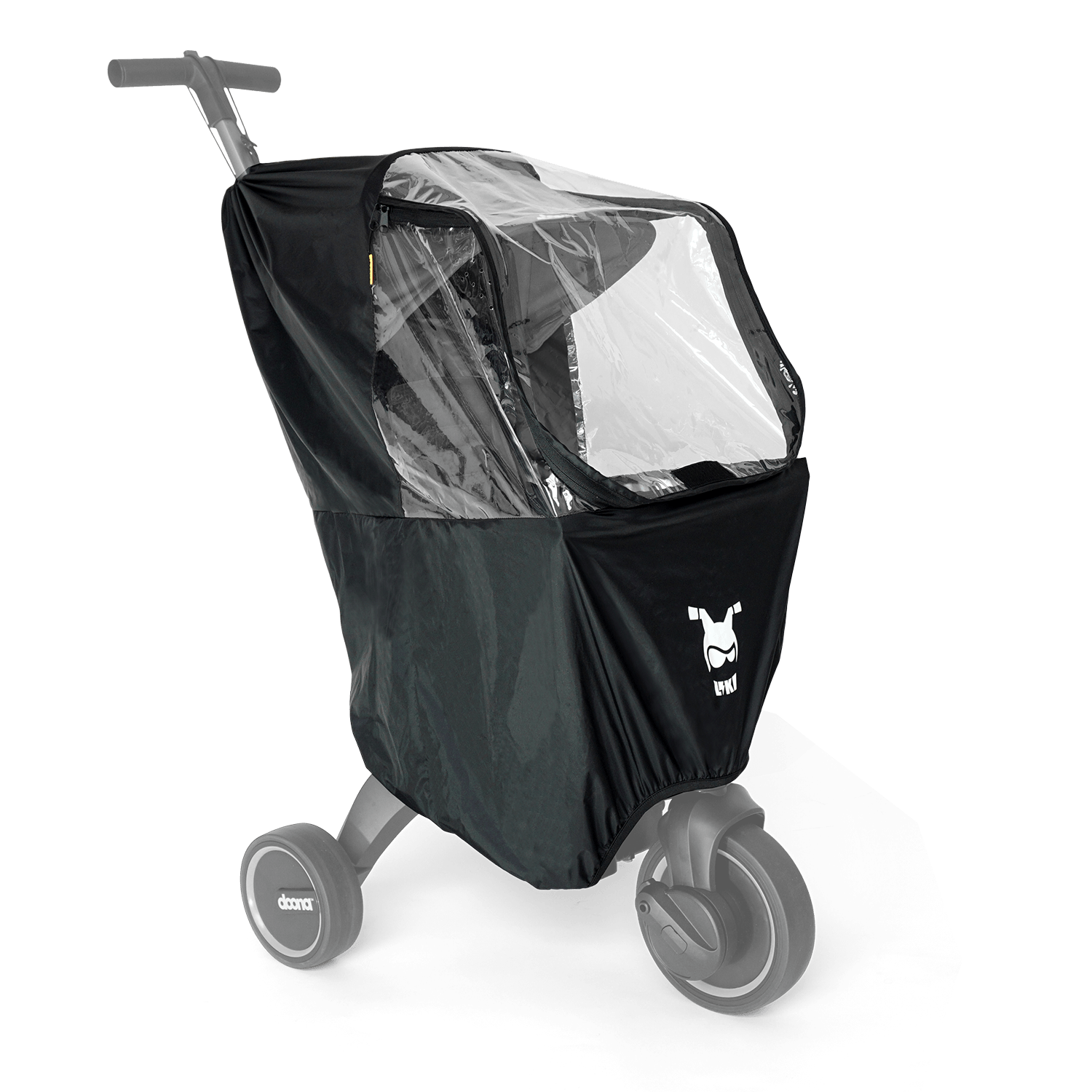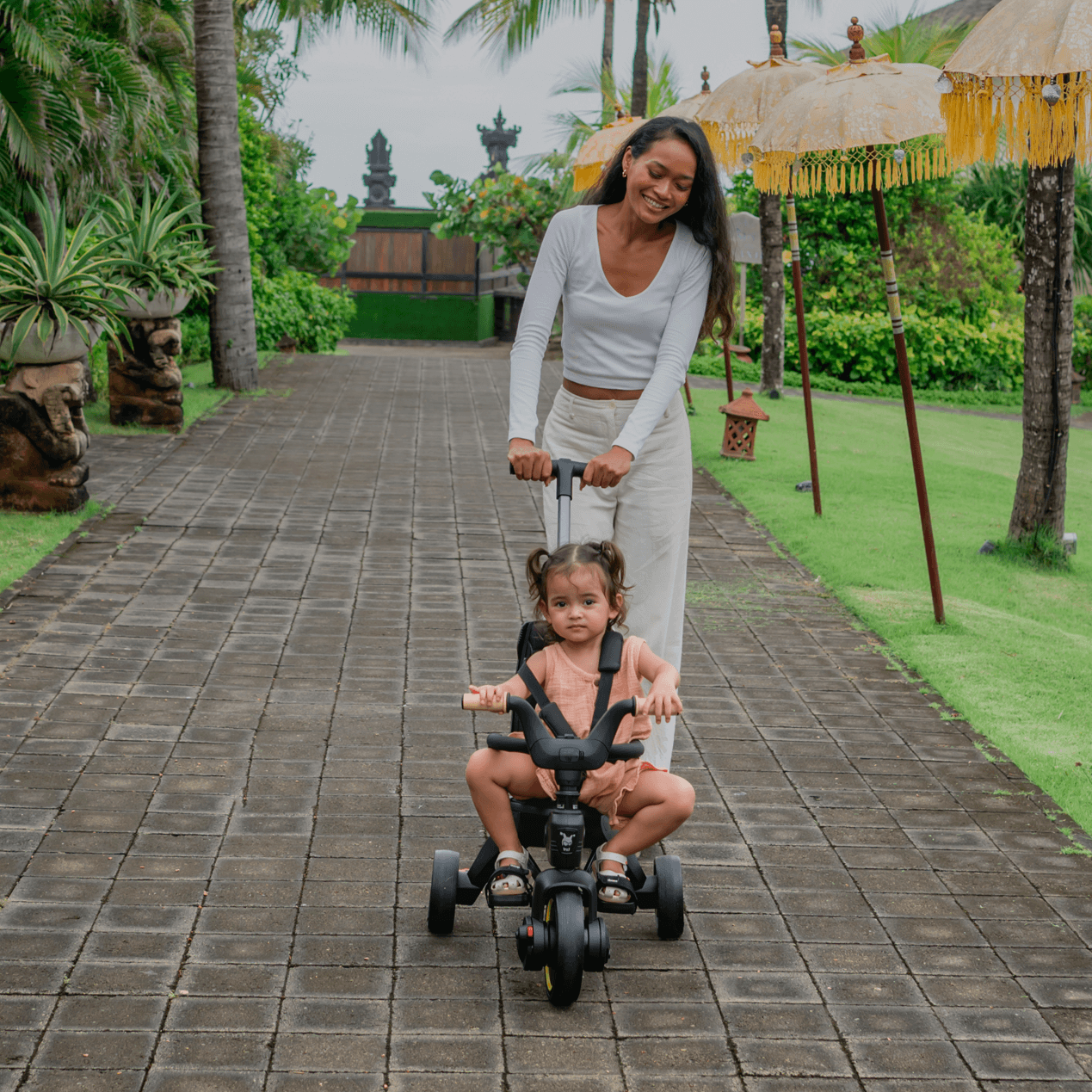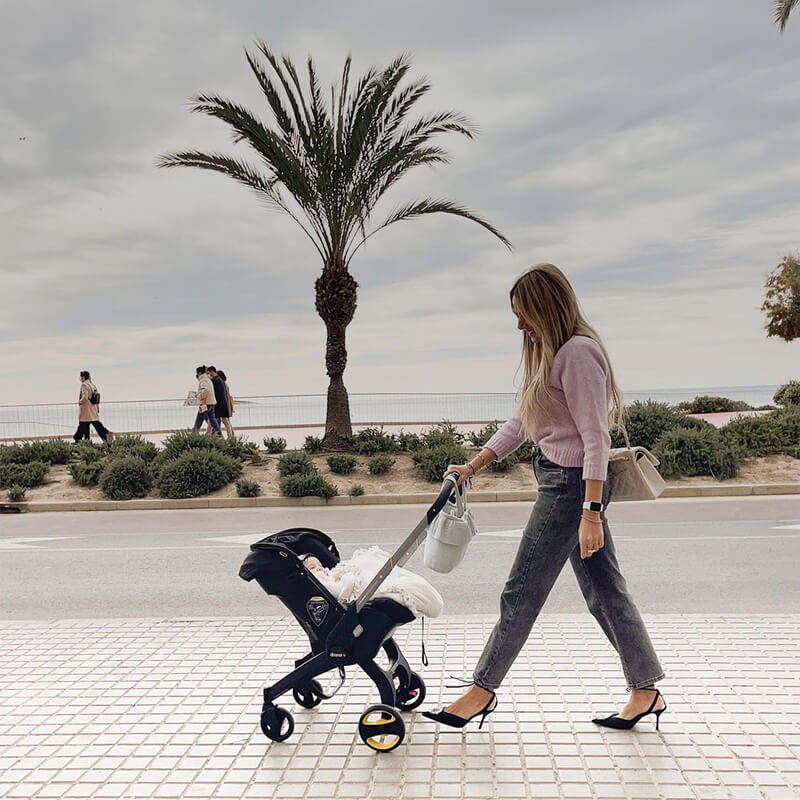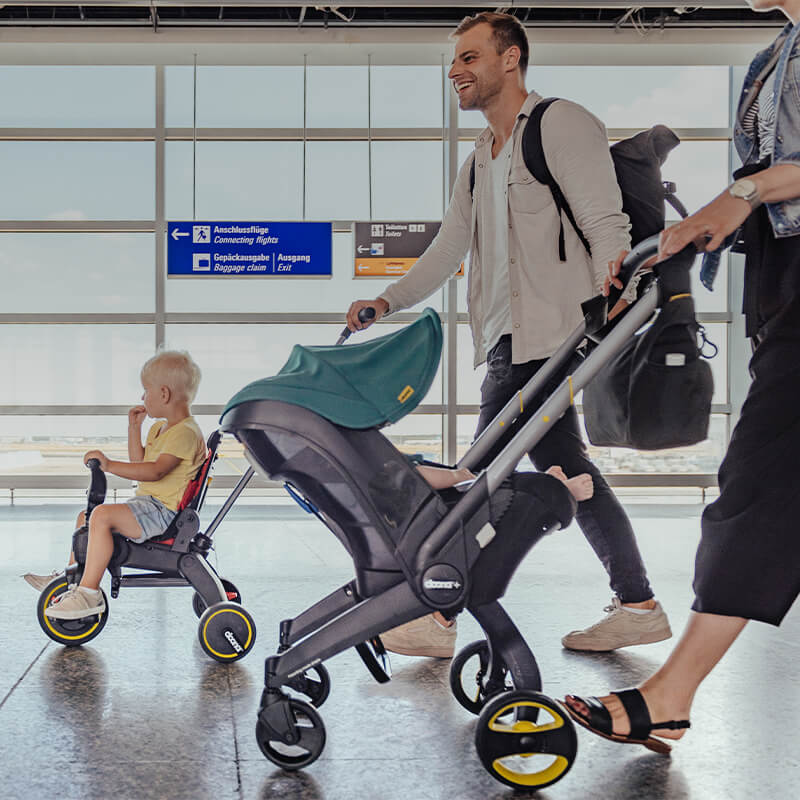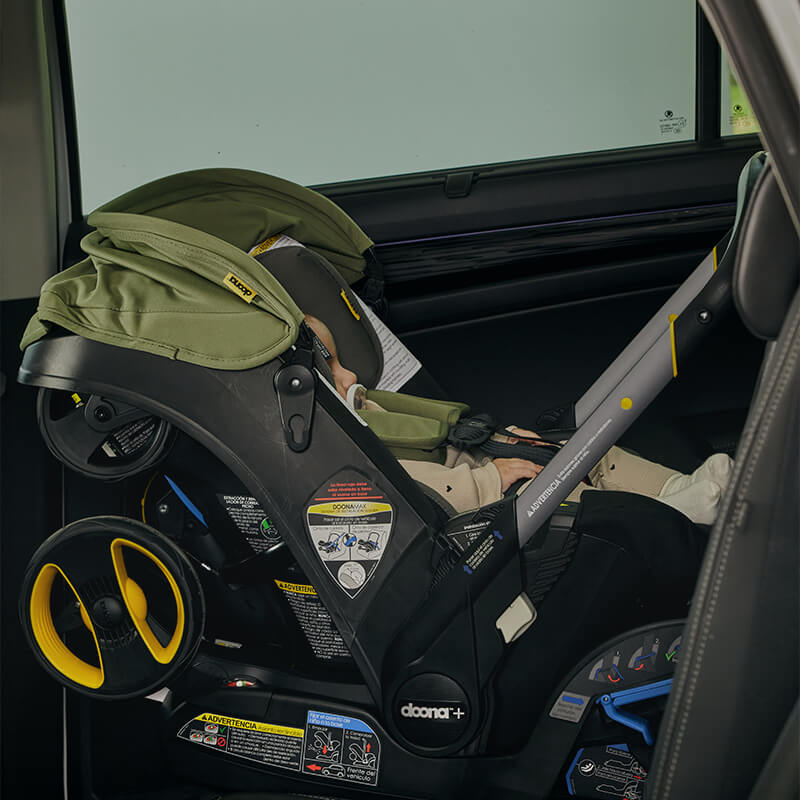Car seat rules around the world
Traveling with kids internationally? Car seat regulations can vary from country to country, so it’s important to do your research in advance. To help you plan ahead and make your little one’s safety a priority, we looked into child seat laws in several countries around the world. In many countries, the car seat rules apply only to private cars (including car rentals), and are usually not required for taxis or ride shares. However, bringing your own car seat is one of the best ways to ensure your child’s safety and comfort on the road. Here’s what you can expect with car seat restrictions in popular destinations.
Mexico
Car seats are required for all children under 12 years, or who are shorter than 57 in.
Babies (0-2 years / 0-29 lbs) must use a rear-facing car seat.
Children (3-4 years / 31-40 lbs) must use a forward-facing car seat.
Sitting in the front seat is only permitted for children aged 12 and above.
United Kingdom
Children must use a car seat until they are 53 in. or 12 years of age.
Babies (0-2 years / 0-29 lbs) must use a rear-facing car seat.
Children (3-4 years / 31-40 lbs) must use a forward-facing car seat.
Sitting in the front seat is permitted for children in a car seat.
Spain
Children under 12 years or 53 in. must travel in the appropriate car seat.
Babies (0-2 years / 0-29 lbs) must use a rear-facing car seat.
Children (3-4 years / 31-40 lbs) must use a forward-facing car seat.
Sitting in the front seat is permitted for children 53 in. or taller.
France
Car seats are required for all children until the age of 10. It’s the driver’s responsibility to ensure all passengers under 18 are safely secured.
Babies (0-1.5 years / 0-29 lbs) must use a rear-facing car seat.
Children (0-4 years / 20-40 lbs) must use a forward-facing car seat.
Sitting in the front seat is only permitted for children aged 10 or above, or in a rear-facing seat with the airbag deactivated.
Germany
Car seats are required for children under 12 years or 59 in.
Babies (0-1.5 years / 0-29 lbs) must use a rear-facing car seat.
Children (0-4 years / 31-40 lbs) must use a forward-facing car seat.
Children can sit in the front seat as long as they are in the appropriate car seat.
Italy
Children under 59 in. tall must travel in a car seat.
Babies (0-2 years / 0-29 lbs) must use a rear-facing car seat.
Children (3-4 years / 31-40 lbs) must use a forward-facing car seat.
Travelling in the front seat is permitted with a car seat. If a rear-facing seat is used, the airbag must be deactivated.
South Africa
Children under the age of 14 or less than 53 in. tall must use an appropriate car seat.
Babies (0-2 years / 0-29 lbs) must use a rear-facing car seat.
Children (3-4 years / 31-40 lbs) must use a forward-facing car seat.
All children are allowed to travel in the front seat so long as they are in an appropriate car seat. Airbags must be deactivated if the seat is rear-facing.
Japan
Car seats are required until a child reaches 6 years or grows beyond 55 in. in height.
Babies (0-2 years / 20 lbs) must use a rear-facing car seat.
Children (2-4 years / 40 lbs) must use a forward-facing car seat.
Sitting in the front seat is permitted for children in a car seat.
Philippines
All children below the age of 12 who are shorter than 59 in. should use a car seat.
Babies (0-2 years / 0-29 lbs) must use a rear-facing car seat.
Children (3-4 years / 31-40 lbs) must use a forward-facing car seat.
Only children aged 12 and above are allowed to sit in the front seat.
New Zealand
All children under 7 years must travel in a child seat suitable for their height and weight.
Babies (0-2 years / 0-29 lbs) must use a rear-facing car seat.
Children (2-6 years / 31-40 lbs) must use a forward-facing car seat.
All children are allowed to travel in the front seat as long as they are in an appropriate car seat. Airbags must be deactivated if the car seat is rear-facing.
It’s important to keep in mind that in most countries, taxis and ride shares may be exempt from car seat requirements, and child car seats are usually not provided. Parents are allowed to hold children on their laps, but it is not considered safe. Whenever possible, bringing your own car seat is the best way to keep your child safe and comply with each country’s car seat guidelines.
Why Doona Car Seat & Stroller is a game-changer for travel
Doona was designed to make travel with your little ones simpler. Its 2in1 functionality means no worrying about how to lug heavy baby gear through the airport, or whether your taxi or ride share has a safe car seat option suitable for your child. With Doona, you can seamlessly switch from car seat to stroller in seconds, making air travel, public transportation, and daily activities with an infant effortless. It’s also safe to install in the car with or without a base, making it easy to keep your child safe on every journey. Here’s why Doona is ideal for travel.
Freedom and flexibility: With Doona, you don’t need to worry about pre-arranging a car service with a car seat, or committing to driving a rental car. Doona is 100% safe to use on an airplane, so you can land in any country, stroll off the plane, and safely install Doona in a taxi or ride share, minimizing stress and even leaving room for spontaneity.
Ease and efficiency: 2in1 functionality means one piece of gear instead of a separate car seat and stroller that is heavy or bulky to carry. Wheel through the airport, down cobblestone streets, and straight into the car or on public transport (opens in a new tab) without unbuckling your child until you need to.
Peace of mind: Whether you’re in a country with strict or relaxed car seat safety requirements, your child’s safety isn’t left to chance. The Doona Car Seat & Stroller meets the strictest global safety standards, giving you peace of mind so you can focus on enjoying your trip.
If you’re bringing Doona with you on your travels, make sure to check out how to install it with a seatbelt for ultimate flexibility!
If you’re traveling within the U.S., make sure to review the car seat laws at your destination, as they vary from state to state. For car seat guidelines in other countries, check out Skyscanner’s car seat map (opens in a new tab).
Looking for more tips to simplify travel with kids? Head to the Parenting Tips blog for travel guides like Travel advice from the jet-setting actor, Nathalia Ramos, or How to keep babies and toddlers busy on a flight.
At Doona, we’re committed to making parenting simple for every family. That's why we’ve created our innovative and revolutionary Doona Car Seat and Stroller, transforming from car seat to a stroller in seconds; and Liki Trike — the most compact folding toddler trike on the market that grows alongside your toddler from 10-36 months.
